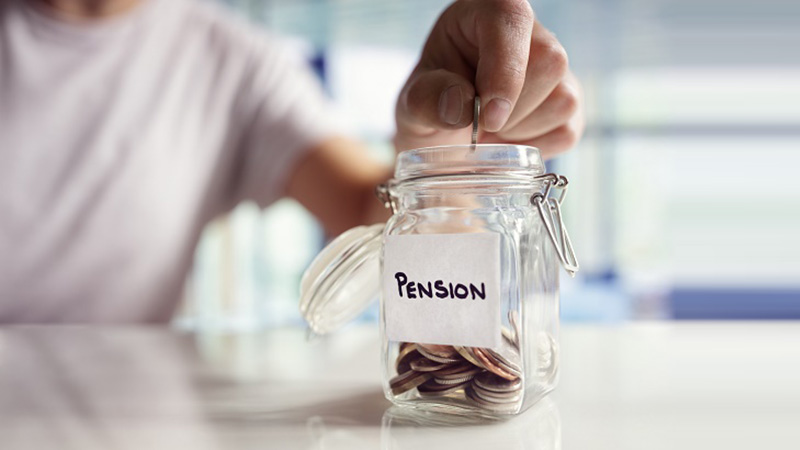The state pension ‘triple lock’ will send payments up 4.1% next April after annual inflation to September came in at the lower level of 1.7%.
The 4.1% average wage growth figure will be the part of the triple lock that is enacted, rather than inflation or the third option of a 2.5% rise, owing to both being lower.
Subject to confirmation in the Budget, the basic state pension will see payments increase from £169.50 to £176.45, or £9,175.40 a year. The full new state pension will see payments increase from £221.20 to £230.30, or £11,975.60 a year.
Stephen Lowe, group communications director at retirement specialist Just Group, said: “Many pensioners will see today’s news as bittersweet. Around 10 million have lost winter fuel payments of £200-£300 due to the government’s decision to restrict the benefit to lower income pensioners receiving pension credit.
“Taking that into account the 4.1% rise doesn’t look so generous, especially as energy costs have recently risen. Large numbers of pensioners are heavily reliant on state pension.
“Even a full new state pension next year will only make up about 83% of the £14,400 income needed to achieve the Pensions and Lifetime Savings Association’s ‘minimum’ retirement living standard.”
See also: Aegon beefs-up pensions tool for advisers
Rachel Vahey, head of public policy at AJ Bell, said: “UK pensioners should from next April see a sizeable increase to their state pension of almost £500 a year, to bring it to just under £12,000.
“The chancellor, Rachel Reeves, may choose to shout out about this inflation-beating boost in her first Budget in two weeks’ time.
“Criticism of the decision to scrap the winter fuel payment for all pensioners except those that claim pension credit still lingers, and the government will hope this rise in Brits’ state pensions will publicly reinforce its commitment to the triple-lock, as well as overshadowing the £200 most pensioners will lose this winter.
“But how long they can keep these promises remains to be seen,” she continued. “The state pension is now at a level perilously close to the frozen personal allowance and should overtake it in two years’ time. At that point something must surely give. But slowing the increase in state pension growth or unfreezing the personal allowance both seem unlikely.
See also: Government’s ‘AIM-pocalypse’ would go far beyond inheritances – Wealth Club
“It could be that this fast-approaching crunch time means the government will finally be forced to address the question of how much the state pension should really offer, at what age, and how it can increase payments sustainably each year.”
Steven Cameron, pensions director at Aegon, added: “After many losing out on the winter fuel allowance, state pensioners can take some comfort in knowing that a 4.1% increase in their State Pension is expected next April. This is more than double the inflation figure of 1.7% announced today.”








